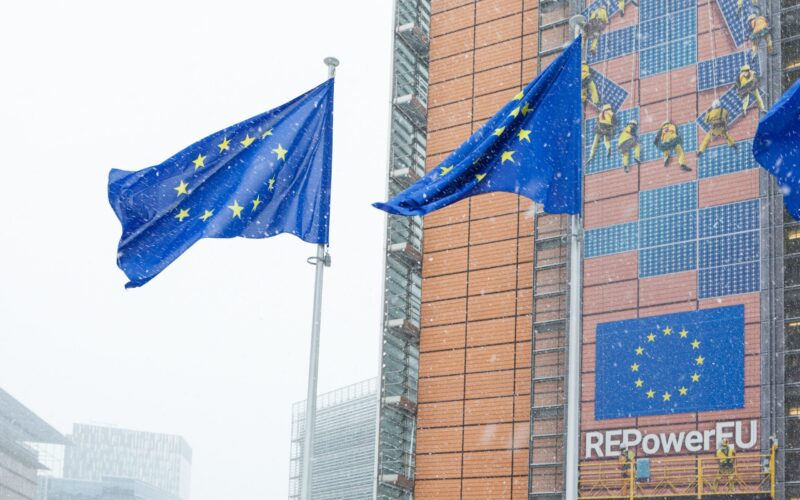The Council of the European Union has adopted a new law postponing the implementation of due diligence obligations under the EU’s battery regulation by two years, granting battery manufacturers and exporters additional time to comply. The new deadline is now set for 18 August 2027.
The regulation is part of the broader “Omnibus IV” legislative package, designed to enhance industrial competitiveness by streamlining regulatory requirements. The delay aims to ease compliance pressures and allow time for the establishment of third-party verification bodies, whose authorisation processes have faced recent hurdles.
Under the 2023 battery regulation, producers are required to implement environmental due diligence policies, undergo regular third-party audits, and publicly report on their practices to reduce the negative environmental and waste management impacts of battery production.
The Council’s latest move provides industry stakeholders with a longer lead time to adjust to these rules and ensures that supporting infrastructure, such as third-party verification systems, can be properly established. The European Commission is also now obligated to issue detailed due diligence guidelines at least one year before the obligations come into effect, providing further clarity for businesses.
The legislative act will be formally published in the EU’s Official Journal in the coming days and will enter into force the following day.
The postponement reflects broader EU efforts to simplify regulation and strengthen competitiveness, particularly for small and medium-sized enterprises (SMEs). These goals were emphasised in high-profile reports by Enrico Letta and Mario Draghi, and reaffirmed in the Budapest Declaration of November 2024, which called for a “simplification revolution” in EU policymaking.
On 20 March 2025, EU leaders pressed for rapid progress on the Omnibus simplification packages, seeking finalisation by the end of the year. In addition to the battery regulation delay, the Omnibus IV package includes proposed directives and regulations targeting mid-sized businesses, SME data protection obligations, and reforms to align and digitise product legislation across the single market.















